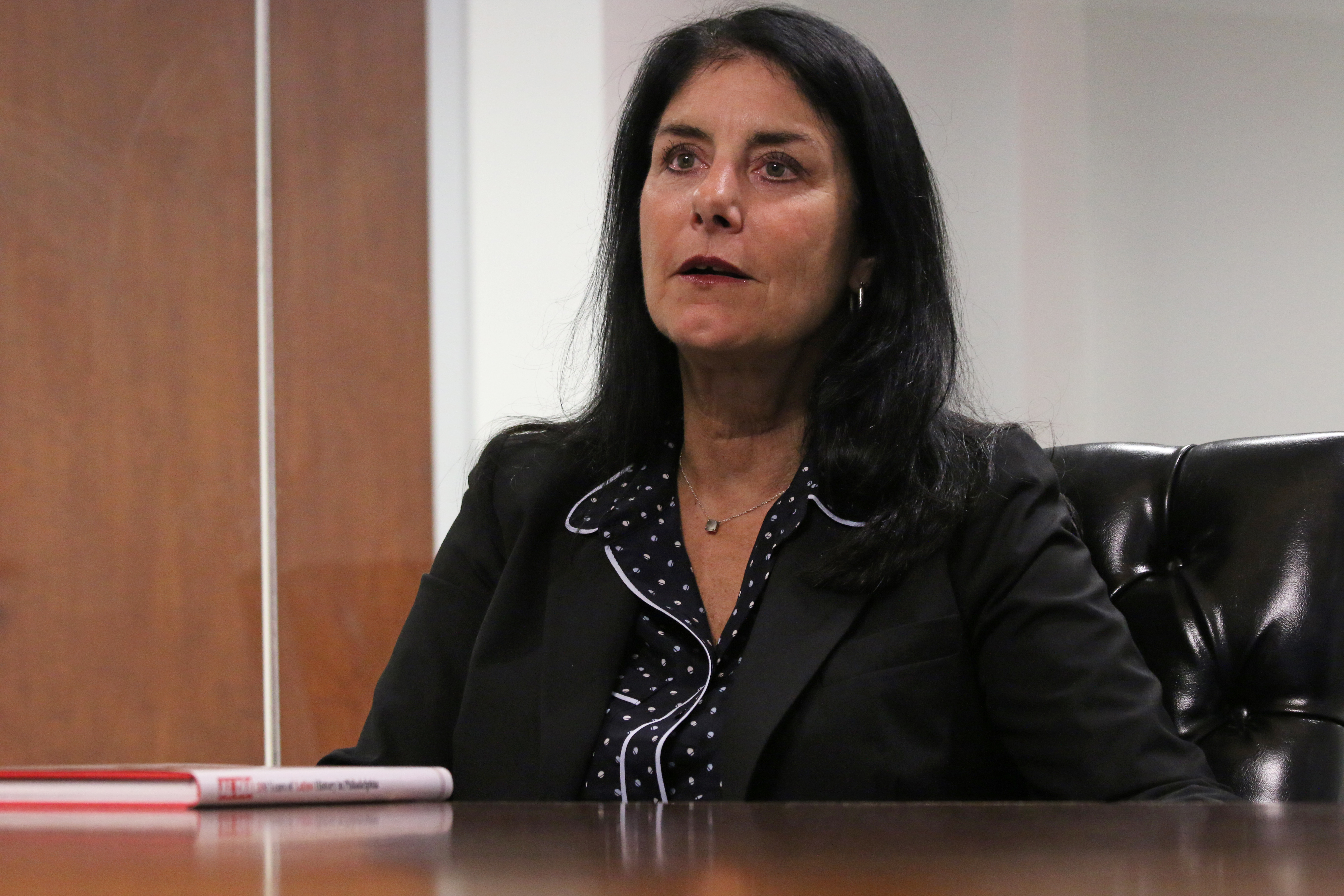
Kathleen Kinslow: ‘Without diversity you are sitting around a table talking to yourself’
Kathleen Kinslow, CEO de Aria Health System, participated in an AL DÍA’s editorial roundtable recently, where she talked about health care, multiculturalism…
Kathleen Kinslow came to Aria Health System almost five years ago as CEO and president of a health organization consisting of three hospitals, two of them in Philadelphia (in Frankford and Torresdale) and the other in Bucks County. She is the head of a health system with an operating budget of $700 million, nearly 4,000 workers and a great number of Latino patients — around 36 percent of the total population they serve.
"We work very hard, not solely for the Latino community, but for all the communities that we serve because each of our respective organizations serves a very different population — which is not always what you see within a business; you normally see more a consistent socioeconomic grouping. But ours is very divergent and because of that it presents different health care challenges — because as a health care community we want to ensure that we are meeting the needs of all the individuals that we serve,” Kinslow said.
Kinslow participated in an AL DÍA’s editorial roundtable recently, where she talked about health care, multiculturalism and the importance of diversity. She also gave her opinion about some controversial and topical news stories.
About Aria’s role in education
"We are not affiliated right now with a university but we have an association with Drexel University, with Thomas Jefferson University as well as the Philadelphia College of Osteopathic Medicine. We do have a residency program, and have one of the largest family practice residency programs in the United States. We have 96 residency slots, but we have a total of a 120 residencies. The residencies are, as I said a moment ago, in family practice, internal medicine, emergency room and we have a combined internal medicine/emergency room program — which is a novel program, you don’t see a lot of that in other residency programs — and we also have a nursing school. We have two classes per year and we graduate about a 150 graduates per year.”
About the Joaquin Rivera issue (Rivera died in 2009 after been at Frankford Arial Heath Hospital's waiting room for at least an hour)
“That was before I came but I will tell you as a CEO coming there one of the things I saw from the health care workers that were there was a true sense of sadness about that. I think that when things like that happen they are totally unfortunate events and it is not something that anyone in the organization ever felt good about. At one point when I was in a meeting with employees I said to them, ‘anyone in life can have bad things happened but you need at some point to forgive yourself.’ And certainly we need to, as an organization we feel very committed to our community and the community we serve, and the Latino population that’s in there within that community. We are very sorry that that event ever occurred anywhere, to any of our patients, because our whole goal and what we strive for is about quality and reaching out to the community.”
About the rumors of one of Frankford Aria Health might shut down
“We are very conscious of the communities, particularly in the Frankford area. That area is very heavily populated, as you well know, and as you also are probably aware most of the health care systems have pulled back out of that region because it’s certainly a lower socioeconomic and it’s extremely difficult to make any kind of a profit. That been said, our board and our organization is very committed, because it’s our mission. We are there, regardless of people’s ability to pay, and to that end our board committed over $20 million to build a new emergency room there. You need to have the same access to great care regardless of where you live in the Philadelphia area. And we have the ability to be able to offer that to them. […] We are a cornerstone of that whole area around Frankford Ave. and we have no intentions of leaving it.”
About their role in treating victims of the Amtrak derailment
“We received a total of 58 patients on the two campuses. The patients were stabilized. and I will tell you that our staff, when they heard about (the derailment), they came in from all over to take care of these patients. […] No one needed to be asked to come in. Physicians took on different roles — even if they didn’t happen to be emergency room doctors — so that they could be sure patients were being taken care of in the best way possible. At the same time, all the patients that had been in the emergency room from different reasons, as well as in the patients in the hospital, did not suffer any untoward effects. So I’m extremely proud of our staff for the work that they did, not only on that day, but in every single day in order to reach out and take care of our patients all of the time.”
About the operation of Aria Health as an non-profit hospital
“Other hospitals within our region are non-profit as well, some are for profit, some are not. We have a mission and our mission is to take care of every patient with exceptional care regardless their ability to pay and we do that all the time. We don’t want our mission to be driven by profits. You would never know within the organization whether someone has a lot of money or a little bit of money because that’s not the way we treat our patients.”
About their ability to get money they need to maintain their system
“We always try to look at creative ways to get into other lines of business, such as opening up urgent care centers and bringing in physicians who can do some higher-end procedures, such as open heart surgery, neurosurgery… […] We figured out ways that we can cover our expenses and still provide high quality care.”
About the importance of having diversity in an organization
“We try to do a lot of outreach for all minorities. When I look to our senior leadership team which, in my world as a woman I would be considered a minority as a CEO, my chief human resources office is African American, my chief legal officer is Latino and I have two other women on my team. I believe that you need to really have diversity in an organization, because if you don’t then you are sitting around a table and only talking to yourself. You need to have different viewpoints, different people… And that’s what very much we try to do.”
About having multicultural patients
“With every patient you need to be culturally sensitive. You need to have the adequate amount of individuals who can speak the language. We also take care of a large portion of the Russian population, for example. You need to be cognizant of food likes and dislikes. You need to be cognizant about cultural issues around how individuals are hearing, receiving and processing information. So, I think you have to have a staff which is educated to be culturally sensitive. I don’t use the word challenge. I think is just being respectful and being tuned to these different patient populations. Because every culture comes with different ways of looking at the world and how they accept health care, the way they feel about it. People who are on the caregiver side need to very sensitive to that.”
About the impact of the Affordable Care Act in an organization like Aria Health
“I do believe that it’s a good idea for people to have health care and be able to afford it. […] Now, do I think it’s perfect? No, because each state can implement it the way they want to. […] From a conceptual standpoint I think, as an American, health care should be available to everyone. You shouldn’t be able to only have health care if you have money.”
Her advice to consumers
“I think an important component is, you need to ask questions. We, as Americans, spend more time investigating and going onto the Internet figuring how to buy a car or to buy a new television or to what’s the best phone to purchase than we do about our health care. People come in, they don’t even ask questions. Insurance is complicated but they haven’t figured out what’s paid and what’s not paid or what’s covered and what’s not. I think we need to be informed as consumers. […] And the hospitals need to be far more transparent in pricing and what the cost is and giving that information to the person upfront, so they can make an informed decision.”




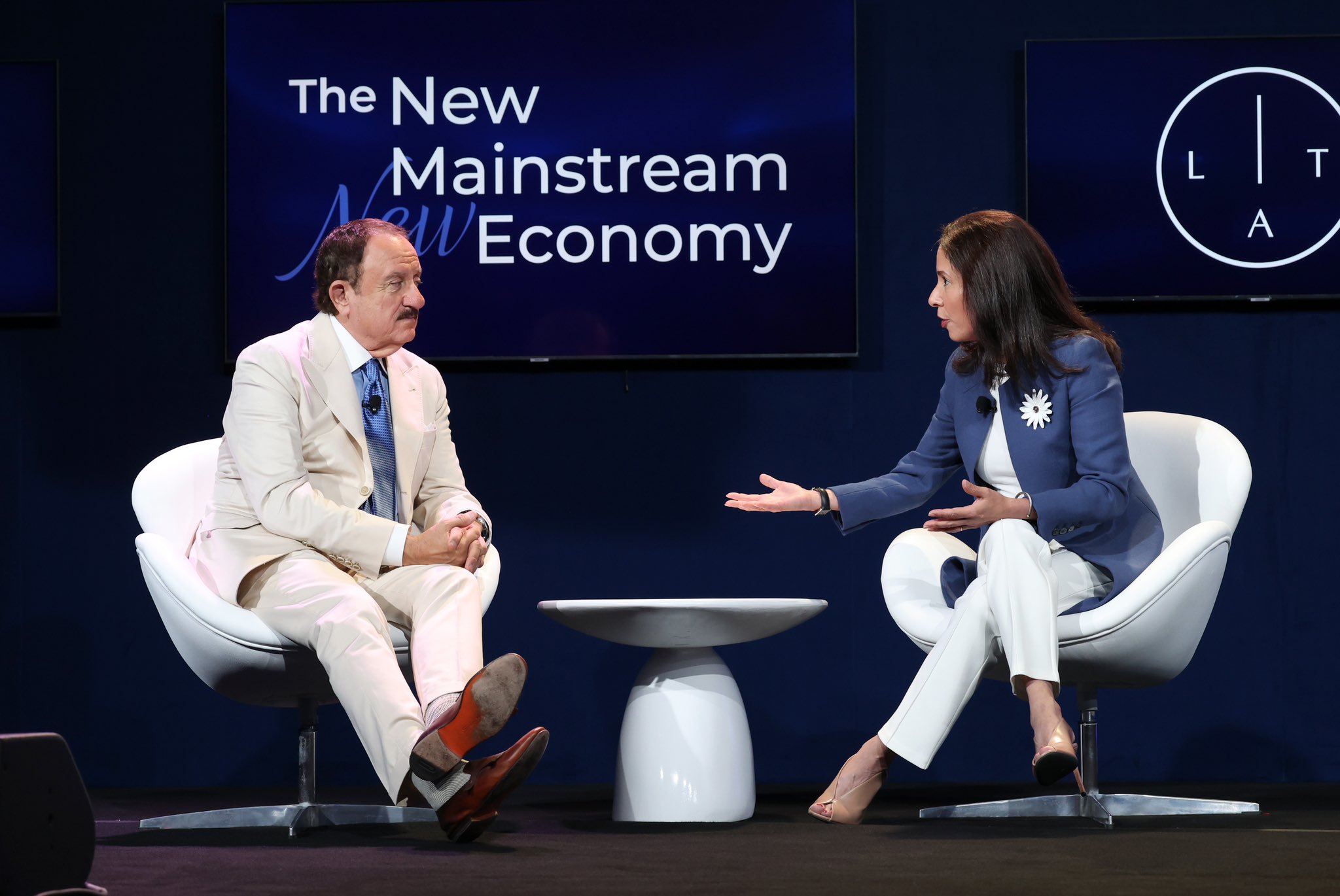

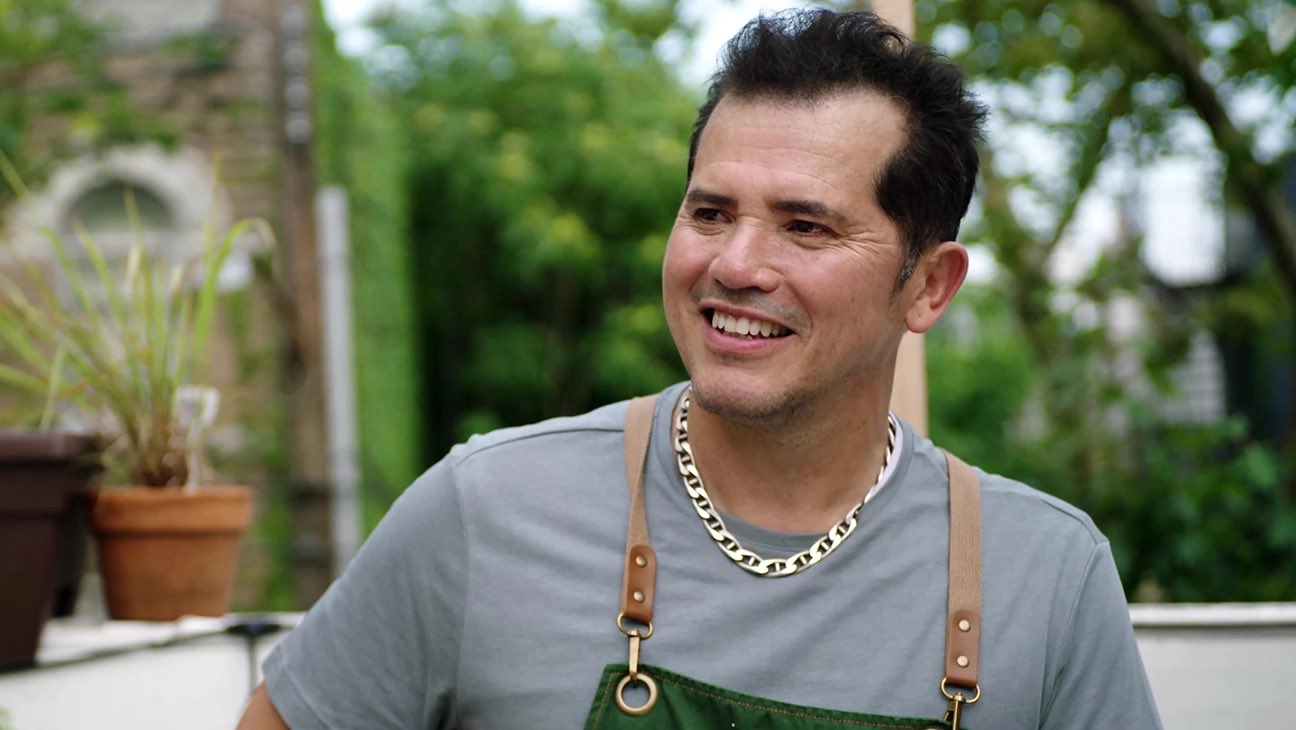

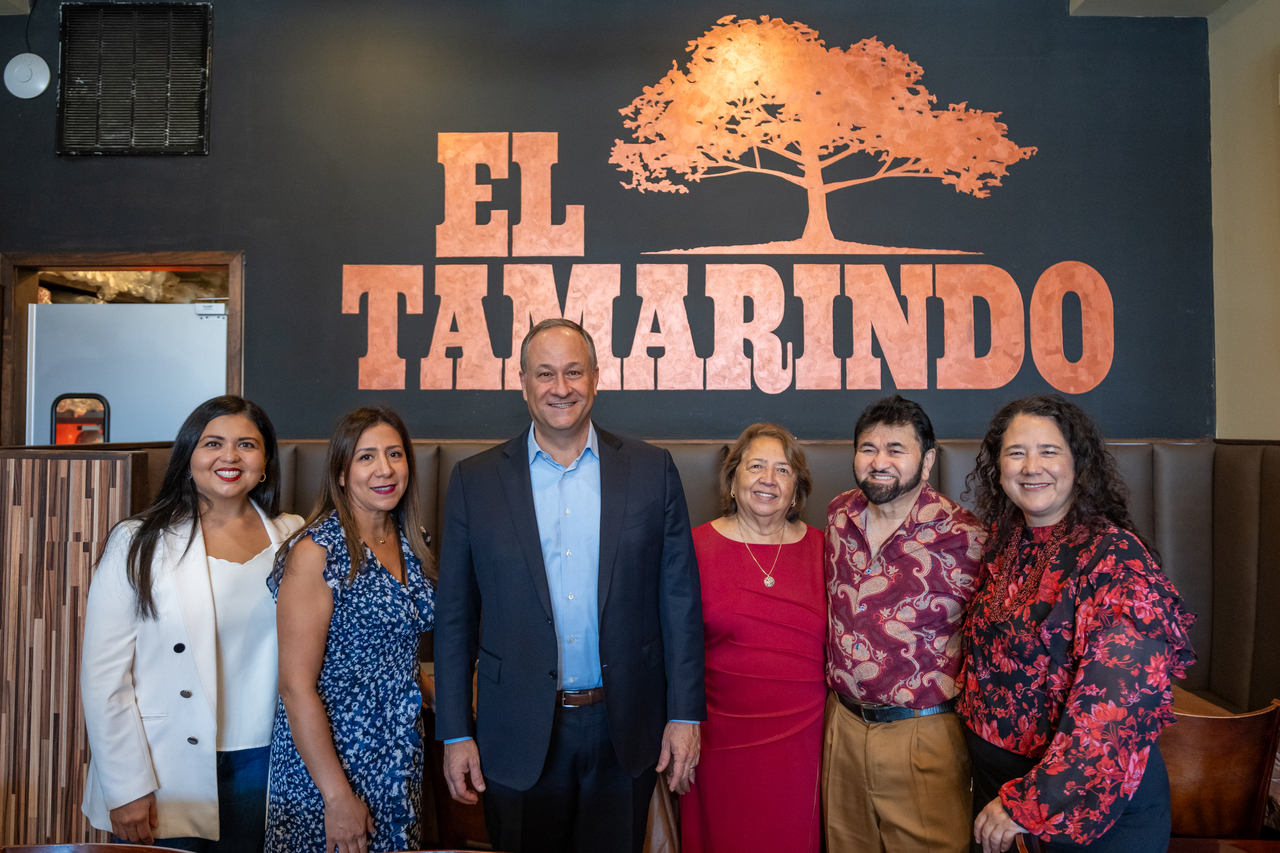
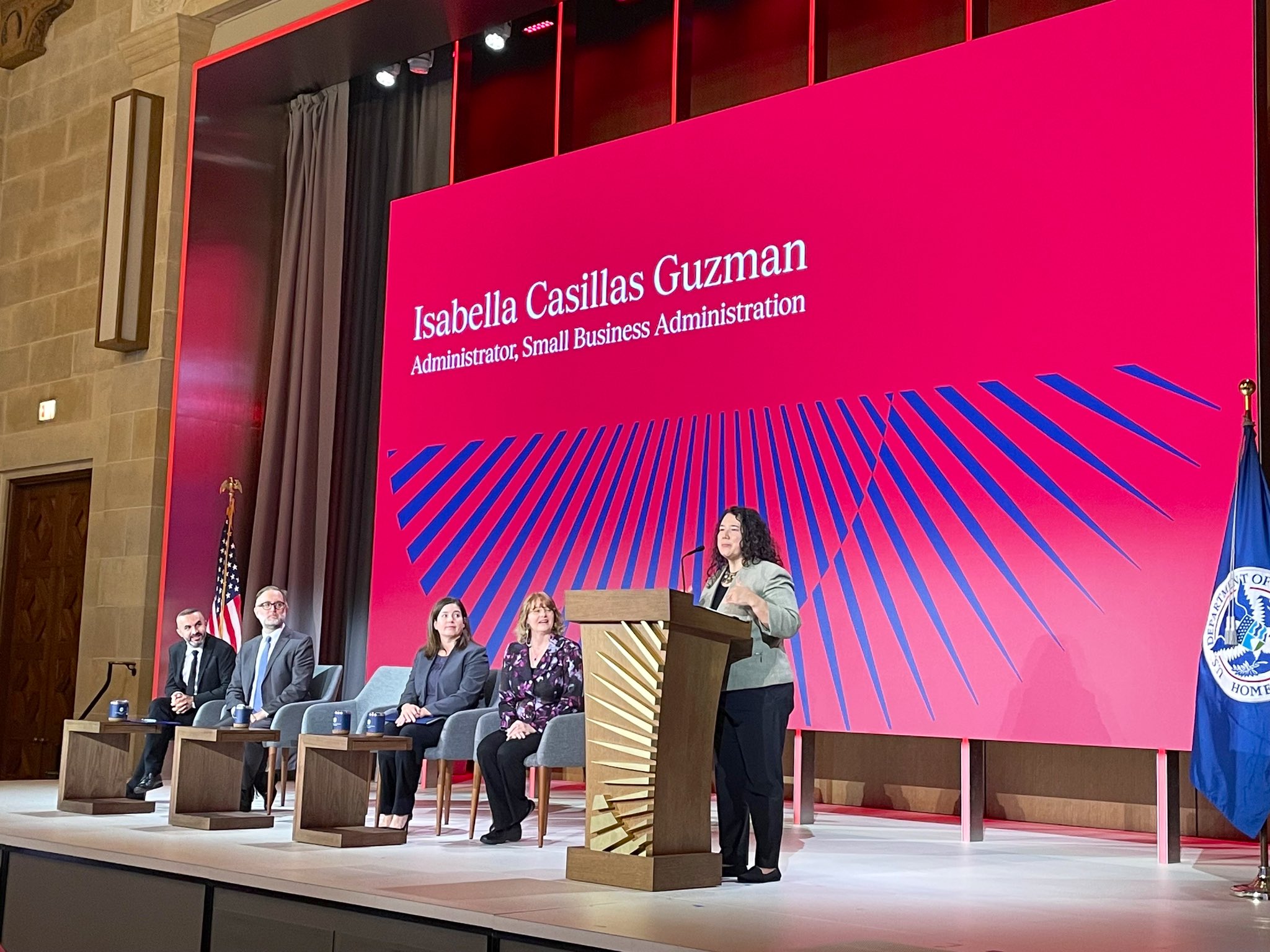
LEAVE A COMMENT:
Join the discussion! Leave a comment.